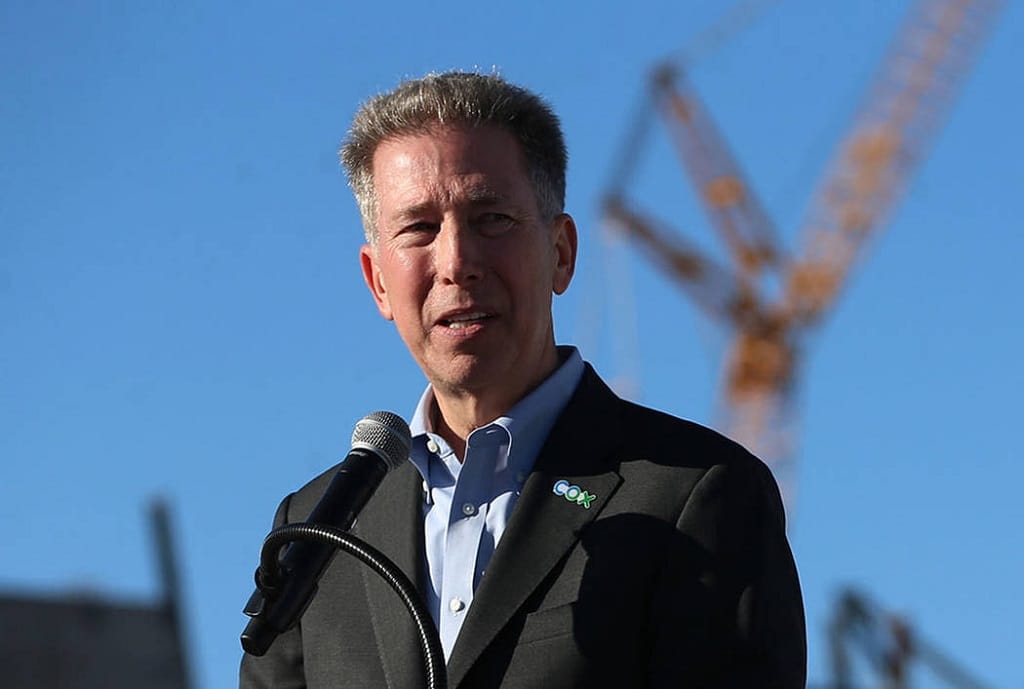Cox CEO Leaving, ISPs Spent $234M on Lobbying, Fixed-Wireless As Key to Bridge Divide
CEO Esser to step down, ISPs spent $234 million lobbying in two years, fixed-wireless as solution to digital divide.

July 20, 2021–Cox Enterprises announced on Monday the promotion of Mark Greatrex to president of Cox Communications, as current CEO Patrick Esser will retire effective December 31, 2021.
Esser has lead the company for the past 15 years, and is credited for doubling the company’s business to become the largest private telecom company in America, serving nearly seven million homes and businesses across 18 states.
Esser, a long-time advocate to bridge the digital divide, helped launch the company’s Connect2Compete low-income program. Greatrex has announced his commitment toward environmental sustainability and governance work and has lead Cox Communication’s environmental council.
“I’m grateful for the tremendous opportunities I’ve been given at Cox and the numerous mentors and committed peers that have helped me along this unbelievable ride of a lifetime,” said Esser in a press release.
“Cox Communications is in exceptionally good hands,” Esser added. “Mark is a strong and visionary leader who will sustain and amplify the momentum he’s helped to achieve in the industry. His energy, creativity and sharp strategic sensibilities will drive continued innovation, excellence and passion for our customers. I wish him the best as he moves into his new role.”
ISPs spent $234 million on lobbying during 116th Congress
A new report released Monday said internet service providers and their trade associations have spent more than $230 million on lobbying efforts during the 116th Congress — between January 2019 and January 2021.
In an effort to influence legislation on expanding broadband access, the industry, including companies such as Comcast, AT&T, and Verizon, have successfully argued to many states to block municipalities from operating their own broadband networks, the report said.
Michael Powell, president and CEO of the National Cable and Telecommunications Association, said in March that Biden’s municipal broadband proposal “risks taking a serious wrong turn in discarding decades of successful policy by suggesting that the government is better suited than private-sector technologists to build and operate the internet.”
In recent months, the Biden administration has said it wants to invest primarily in fiber deployment, leaving lobbyists to push for alternatives.
Fixed-wireless access solution to digital divide
In a piece published by Broadband Communities, William Webb, chief technology officer of Cambridge Broadband Networks Group, argues the best solution to deliver gigabit connectivity to hard-to-reach areas is fixed-wireless.
Webb said fixed-wireless solutions proves to be far less sensitive to the subscription rate – as opposed to fiber, which is generally more expensive to deploy and thus requires more subscribers or a higher fee — and is generally the more economically secure solution to provide rapid deployment.
“A digital divide exists because provision of broadband is uneconomical,” said Webb.
Many other experts, including AT&T CEO John Stankey, have said the $65 billion from Biden’s broadband proposal in the American Jobs Plan should not have a one-size-fits-all technology deployment.










